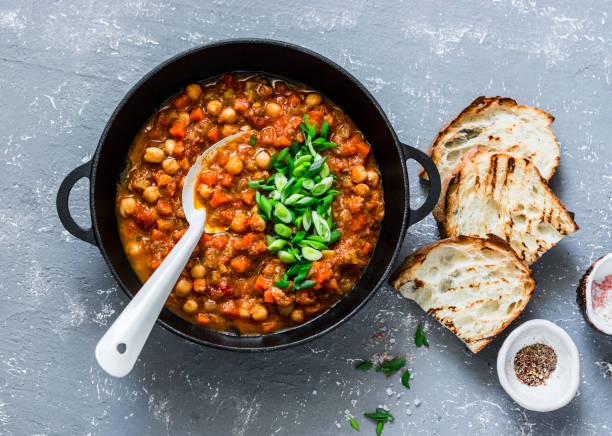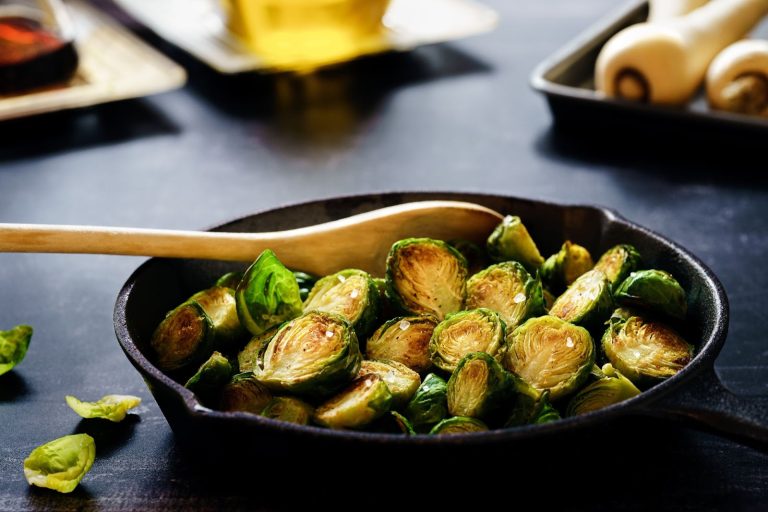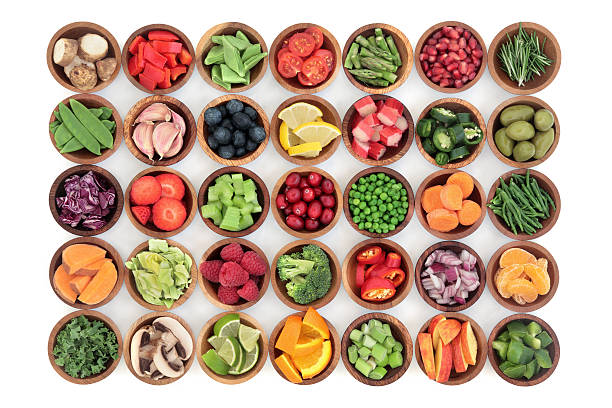
Regarding vegetables, most people are familiar with the usual suspects, like spinach, broccoli, and carrots.
But have you heard of cruciferous vegetables?
You might not be familiar with the term, but chances are you’ve eaten one before without realizing it.
Table of Contents
What are Cruciferous vegetables?
Cruciferous vegetables are a group of veggies that includes cauliflower, Brussels sprouts, bok choy, broccoli, cabbage, and kale. These veggies are often overlooked, but they’re packed with nutrients and health benefits that make them worth adding to your diet.
Types of Cruciferous Vegetables
Let’s break down some of the most common types of cruciferous vegetables, shall we?
Cauliflower
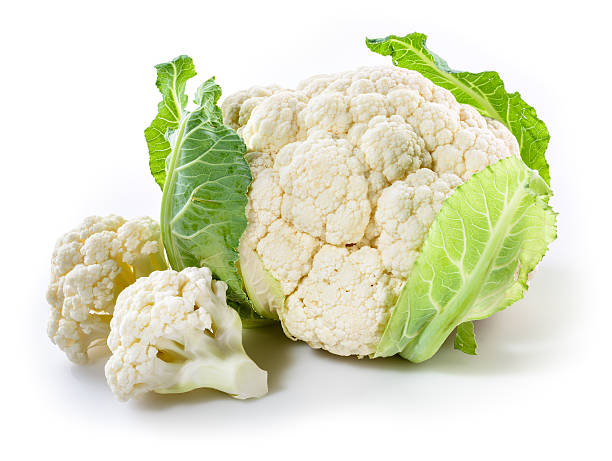
This versatile vegetable is low in calories but high in fiber, making it great for weight loss. It’s also a good source of vitamin C, which helps boost your immune system, and vitamin K, which supports bone health.
Broccoli
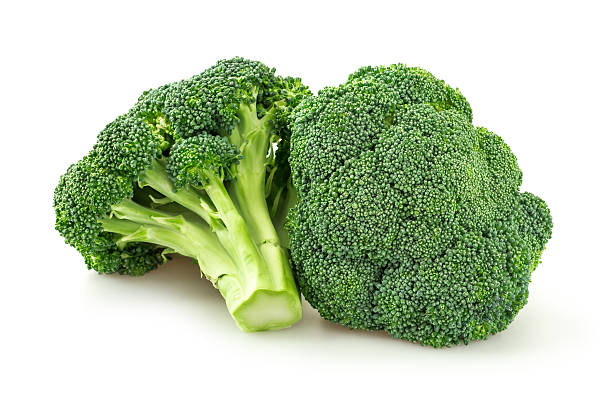
Broccoli is one of the most nutrient-dense vegetables out there. It’s loaded with vitamins C and K but is also a good folate, potassium, and fiber source. Plus, it has sulforaphane, an anti-inflammatory and anti-cancer compound.
Brussels Sprouts
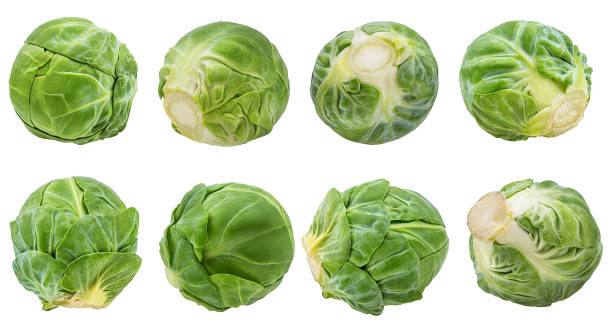
These little veggies might be unpopular with kids, but they are a nutritional powerhouse. Like other cruciferous veggies, they contain sulforaphane, which has been shown to have cancer-fighting properties. They’re also high in vitamin C, vitamin K, and fiber.
Cabbage
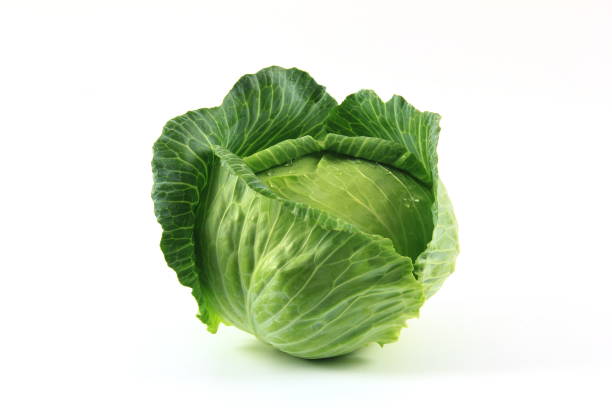
There are a few different types of cabbage, but they’re all great for you. Red cabbage is particularly high in antioxidants, while green cabbage is a good source of vitamin C and vitamin K. Napa cabbage, often used in Asian cooking, has a milder flavor and fiber.
Kale
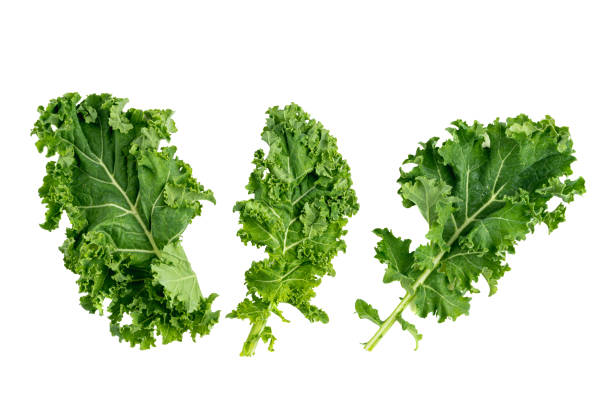
This leafy green has been popular with health enthusiasts for a while now and for good reason. It contains vitamins and minerals, including vitamins C, K, and folate. It’s also a good source of antioxidants and has anti-inflammatory properties.
You May Also Want To Read About Why Roasted Broccoli is Bitter?
Health Benefits of Cruciferous Vegetables
So what are some of the health benefits of eating cruciferous vegetables?
- They’re linked to a reduced risk of cancer. Studies have found that people who eat more cruciferous vegetables have a lower risk of certain types of cancer, including lung, breast, and colon cancer.
- These veggies are also good for heart health, as they can help lower cholesterol levels and reduce your risk of heart disease.
- Can aid in weight loss
- Improves our immune system against diseases
Final Thoughts
In short, cruciferous vegetables are a group of veggies that often fly under the radar, but they’re worth paying attention to. They’re loaded with nutrients, fiber, and antioxidants, linked to a reduced risk of cancer and heart disease. Source
So next time you’re at the grocery store, don’t pass up that head of broccoli or bag of Brussels sprouts. Your body will thank you.





